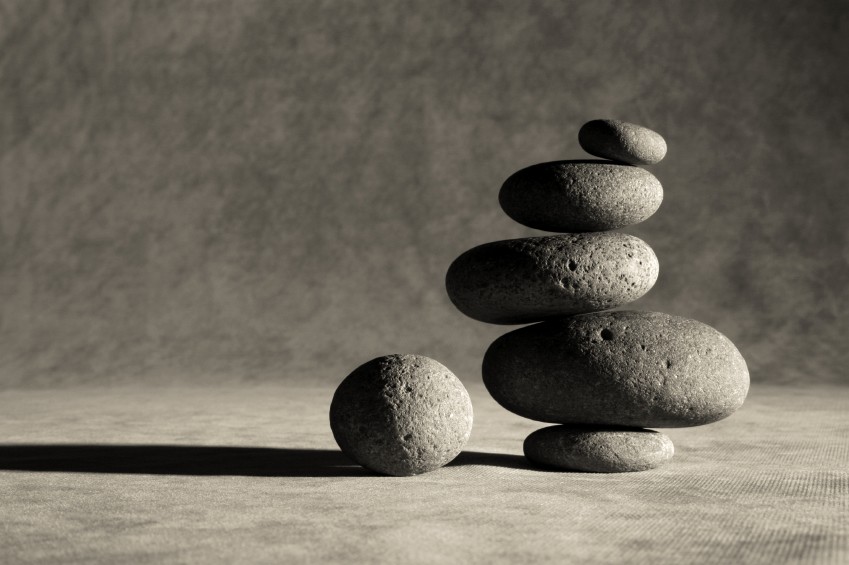Universal Introspection: From Tucson to Trust and Compassion

The January 8, 2011 tragedy in Tucson, Arizona shocked the world and stimulated a discussion about how we do, in fact, discuss things. It is the “how” more than the “what” that we have realized bears critical examination. Country-wide introspection has caused us to ask: how did we get to this point of intolerance of disparate views, to an age of political attack ads, an erosion of civility and abandonment of empathic understanding of one another? Where has the empathy and compassion gone that our country used to be famous for? How can we be more compassionate with those trying to improve their own health while facing huge challenges, and how, in such a climate, can we be more self-compassionate of our own efforts at lifestyle improvement?
This universal introspection is serving us well and is initiating serious examination of both our political process and, hopefully, of our own individual and collective (social) consciousness about how we relate to our fellow travelers on this planet. I hope it’s a time when we “catch” ourselves if we have let our compassion for self and others erode. We need to ask ourselves if we have pulled back in fear and judgment away from our fellow human beings and labeled them with categorical names that distance “them” from “us”. Have we allowed others to alienate us from our fellow woman and man?
Heeding The Call For A More Empathic Culture
In a recent article written for The Huffington Post (http://www.huffingtonpost.com/jeremy-rifkin/post_1570_b_808549.html?view=print) Jeremy Rifkin, author of The Empathic Civilization: The Race to Global Consciousness in a World in Crisis, asks if we will heed the call for a more empathic culture.
“The President's call for a more empathic culture and civil society raises the troubling question of "What has gone so terribly wrong with America?" Why are we becoming more aggressive, violent, self-interested and intolerant as a society? The problem goes deeper than just blaming the escalating rhetoric of political pundits and talk show hosts. They are playing off a deeper sensibility that has become engrained in the thinking of many Americans.”
Rifkin looks for answers in our history and shows how we have, in fact, been led astray by philosophers, clerics, and writers seeking to advance their own dark vision of human nature. He backs this up by pointing to how we have come to view our own evolution through a new and more accurate lens.
“New discoveries in human evolutionary development are challenging our long held shibboleths about human nature. We are learning that human beings are biologically predisposed not for aggression, violence, self-interest and pleasure seeking utilitarian behavior but, rather, for intimacy and sociability, and that empathy is the emotional and cognitive means by which we express these drives.”
All politics aside, this article is a must-read for all in human helping professions because of the deep presentation of just what real empathy is.
Social scientists and wellness and health promotion experts have taught us about the power of norms. We human beings tend to behave and to hold beliefs similar to those with whom we associate the most whether at home or at work. We might ask ourselves if the groups we allow to influence us have been operating from a place of fear, entitlement, privilege, or downright prejudice and see themselves as unquestionably right.
Our nation, and all the nations of this planet, face enormous problems. Special interests will always exert effort to meet their own needs. Opinion and disagreement are nothing new and nothing wrong. In the midst of all of this we need to look at the difference between problem solving and debate. A quick effort at finding definitions and word origins for “debate” yields nothing referencing “problem solving” or seeking solutions. Our sense of tackling the problems that perplex us has degenerated into “A formal contest of argumentation in which two opposing teams defend and attack a given proposition.” We all have to wake up and realize that this is not a game! We are operating on a model that does not fit our purpose. If our purpose is solution finding, creating answers that will solve our problems, then we have to give up the game and create a true problem-solving model. That model, no matter what it is composed of in terms of process, needs to be founded on empathy and compassion.
The world of psychology in the last forty to fifty years has debunked the Freudian notions rooted in Victorian Society’s view of humankind as essentially evil, driven by only sex and aggression and in need of continual vigilant guard. What we have seen in the humanistic psychology movement and the more recent positive psychology movement is a more worthy vision of human beings. Most people in the human helping professions, who work with human behavior on the scientific and practical level every day, see us as intrinsically motivated to cooperate, to care for one another, and when our needs are basically met in a healthy way, to be compassionate and even heroic in our efforts to support each other’s existence.
As we grieve the loss of life in Tucson, let us not just grieve a loss of civility and compassion, let us first look at ourselves, then at each other, and rebuild an empathic culture. Let us incorporate a conscious awareness that seeks opportunity to turn fear, judgment and intolerance into trust and compassion.








Only registered and logged in readers can leave comments.